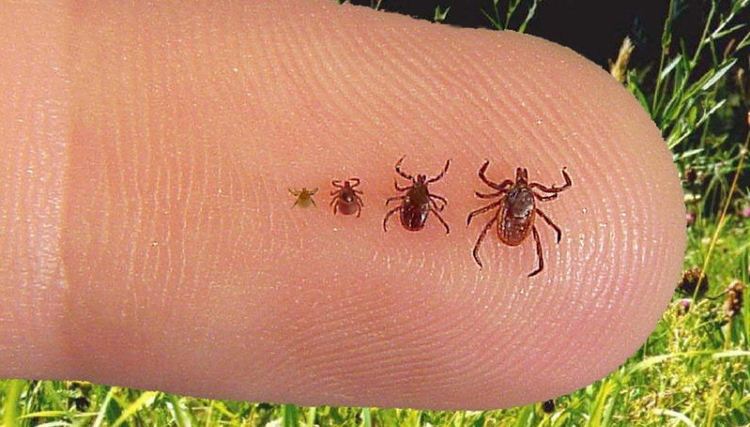If you’ve ever seen a tick on you, you’ve undoubtedly picked it off in a panic, hoping to avoid the terrifying possibility that you could have Lyme disease.
Lyme disease, one of the most common tick-borne infections, is one of the most well-known. Unfortunately, you may now have to worry about another illness that is presently sweeping the Midwest and southern United States—and it may be even worse than Lyme disease.
Dr. Scott Folk discovered Heartland virus illness in 2009 after treating two patients in western Missouri who both became ill after being bitten by ticks. He diagnosed both of them with ehrlichiosis, a bacterial condition carried by certain ticks in the area.
They didn’t seem to be getting any better after being placed on antibiotics. In addition, lab tests revealed that they were infected with a virus that had previously been undetected.
High fever, diarrhea, muscular soreness, weariness, decreased appetite, headache, and nausea are among symptoms of the Heartland virus, which was called after the Heartland Regional Medical Center where it was identified. It’s still extremely rare—only around 50 instances have been documented in persons living in the southern and midwestern United States. There isn’t much known about it, but scientists are collecting ticks in the region every day to learn more.
“This is not a pathogen that is going to take over the world, so there’s no reason to panic at this point,” said Gonzalo Vazquez-Prokopec, an associate professor who heads a team studying vector-borne diseases at Emory University. “We as scientists are trying to do what we couldn’t do with COVID, which is known as much as we can about the virus before it becomes a problem.”
Heartland virus cases have been reported in Arkansas, Georgia, Illinois, Indiana, Iowa, Kansas, Kentucky, Missouri, North Carolina, Oklahoma, and Tennessee thus far. The Lonestar tick spreads it over the American South and Midwest.
So how can you tell if you were bitten by a Lonestar stick or a different species? On its back, there will be a white dot. If you ever notice one of these on yourself, contact your doctor right away. They’re notorious for transmitting viruses and bacteria that cause diseases like ehrlichiosis. It does not, however, contain Lyme disease, which is transmitted by blacklegged ticks.
Because the symptoms of the Heartland virus are similar to those of many other tick-borne infections, a doctor will need to order a particular test to identify if it’s the Heartland virus. In general, if you’re in a thickly forested region, make careful to take measures and check yourself for ticks when you get home.
Do you know what the Heartland virus is? Do you have any friends or family members who have been afflicted by a tick-borne illness?









